Sofía Ímber
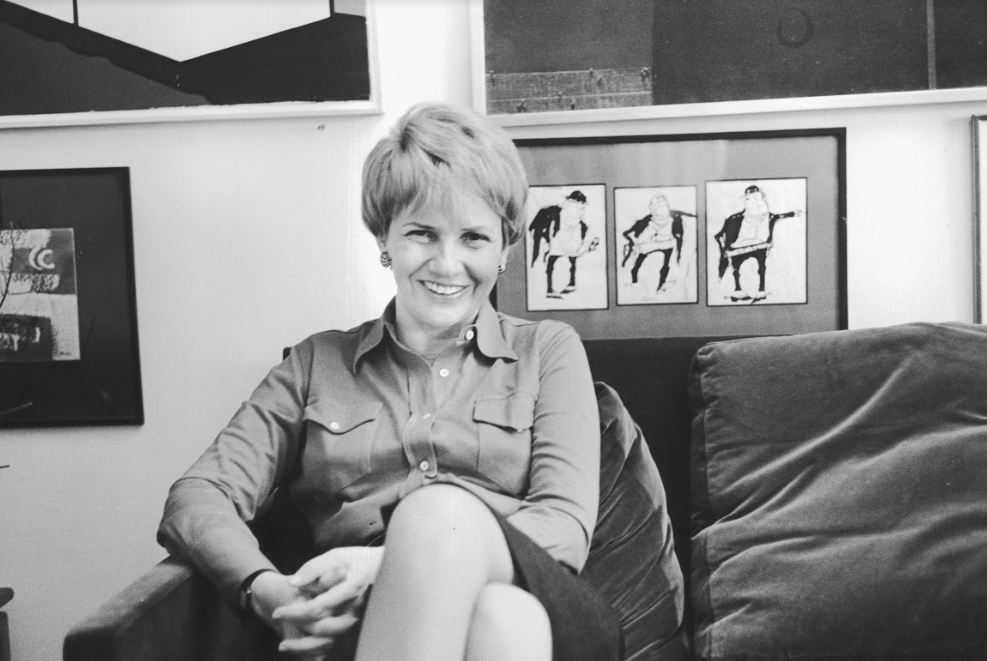
Sofia Imber is an example of a woman ahead of her time, who strengthened the field of journalism, defended the ideals of liberty, and greatly contributed to the development and improvement of the arts and appreciation for the arts in Latin America.
In the often turbulent world that we live in today, Sofia provides an uplifting and inspirational message of encouragement, a small light of hope, through the example of her life and many accomplishments.

The poet Octavio Paz once referred to Sofia Imber as one of those rare, unique species – inimitable, different, and resilient against any of the labels often ascribed to people. You cannot label Sofia because there is no one category that easily defines her. She is authentically rare and she herself often reminds those around her of a quote by Bertrand Russel, which is key to her foundation and development: “Do not fear to be eccentric in opinion, for every opinion now accepted was once eccentric.” Not having a fear of being different, of being ahead of her time, is what always separated Sofia from her peers and what has guided her lifetime of achievements.
These qualities are what define the importance and contributions Sofia has made to the development of the arts and culture in her home country of Venezuela and the subsequent ripples of influence she has made throughout Latin America.
The two areas where her influence is undeniable are journalism and the creation and direction of the Contemporary Art Museum of Caracas. Sofia has always known that culture, communication, and the development of the arts should have the same support as other areas of civic and social life such as planning, public administration, science, and technology.
Not having a fear of being different, of being ahead of her time, is what always separated Sofia from her peers and what has guided her lifetime of achievements.
María Luz CárdenasThrough culture, we obtain grand civic achievements, because what we define as “culture” is in fact what makes us human. She understands that through culture, society learns how to behave, understand family life, how to be civically engaged, how to navigate social interactions, how to respect nature, how to create, write, and cherish plants and animals.
Culture encompasses all aspects of human life and is something that is constantly evolving, which is why Sofia has couched her life’s work as a task of constant communication about culture and its integration into daily life, with the understanding that culture is the essential ingredient to progress, the development of humanity, and to ensuring the historical presence of any nation. This thought process is what she applied to her long career in journalism and to her extraordinary efforts towards the establishment of cultural institutions.
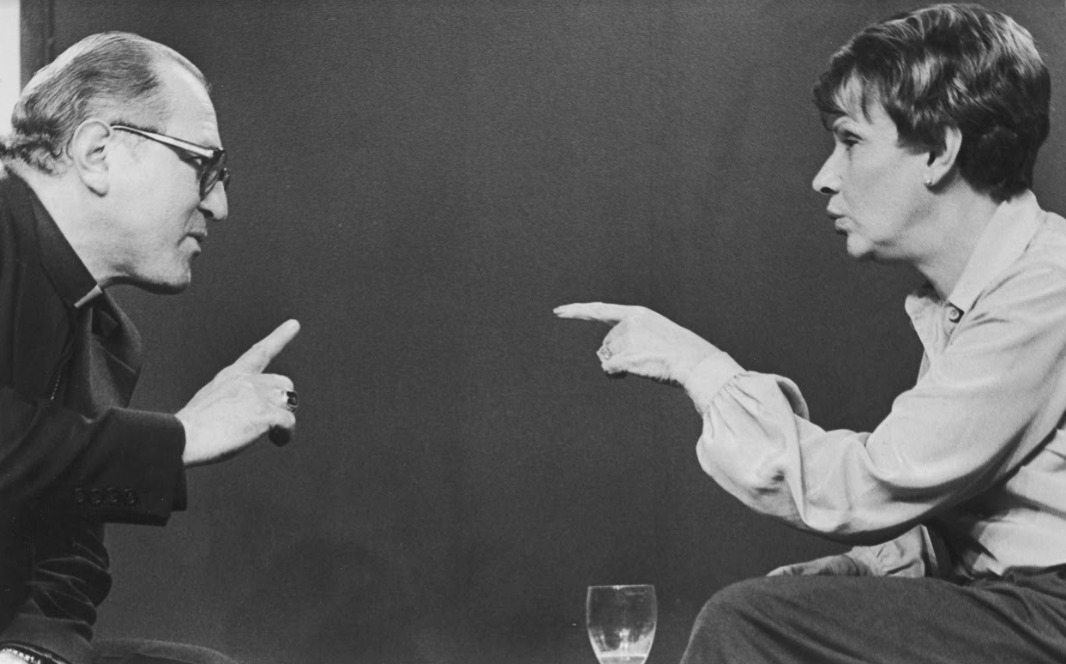
Sofia has been a journalist since birth and carries the qualities of an expert journalist in her blood. Throughout her life, journalism has been her guiding star and compass. In this arena, her invaluable contributions include her participation in the founding of the magazine CAL (Critique, Art, Literature) together with Guillermo Meneses, serving as a host of the popular morning talk show Buenos Días in Venezuela, and overseeing cultural pages in the national newspaper, El Universal. The magazine CAL, in the 1970s, combined all forms of the emerging Venezuelan Avant Garde and provided an important platform for a continued developing aesthetic. To this day, CAL remains a legend in Venezuela and across Latin America with its total and final influence still left to be measured. It was the perfect confluence of the arts and philosophy which had been until then unseen on the continent.


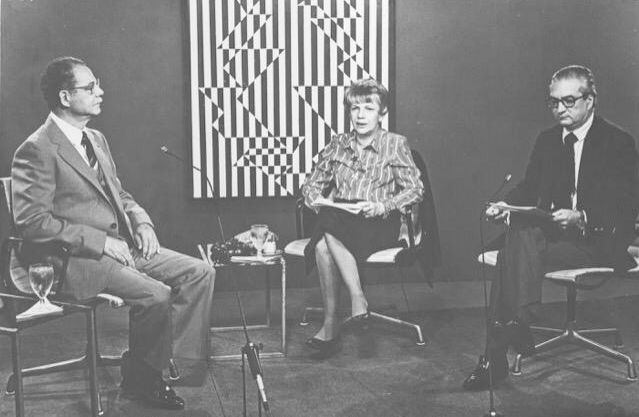
The morning talk show, Buenos Días, with Carlos Rangel, was a pioneering effort for opinion television programs in Venezuela. There was no precedent for it and throughout its many years of being on air, it contributed greatly to the debate of ideas on a national scale. To be invited to participate on the show was one of the highest honors and was an endorsement of the guest’s role in the shaping of thoughts and philosophies. Today, shows following this format are common across all networks, but at its inception, the concept was innovative and shocking – together Carols and Sofia left an indelible mark of “before” and “after” in the timeline of communication. The program’s sharp wit and its cutting and intelligent discourse are inimitable.

The culture pages of the newspaper, El Universal, or “the pages” as we would call them at the Museum, represented, under the Direction of Sofia, a glorious period for the cultural press in Venezuela. With a staff of influential collaborators that included Mario Vargas Llosa, Octavio Paz, and Julia Kristeva among many others of the fledgling voices of art criticism. The pages stirred reflection and provided a safe place for the exploration of the full spectrum of the movement; without censure and with expressive liberty. The only requirement for inclusion was quality. The discussions that sprang from these pages only further enriched the cultural scene in the capital. In these pages, some of the greatest journalists in Venezuela were formed.
“The Little School” as they themselves often described it, included: Carlos Delgado-Flores, Javiar Vidal, Adriana Meneses, Roberto Montero Castro, Luis Pérez Oramas, María Luz Cárdenas, Ariel Jiménez, William Niño Araque, and many more. All who passed through “the pages” considered the experience as a source of pride as a journalist or an art critic.
Within the development of cultural institutions, the contributions of Sofia Imber stand out on a grand scale. From a very young age, in Europe, she had the privilege to meet some of the most important creators and philosophers of the 20th century. These noteworthy individuals include Miguel Angel Asturias, Pablo Neruda, Octavio Paz, Jean-Paul Sartre, Albert Camus, Jacques Lacan, and Ana Freud. She also met Pablo Picasso, Henri Matisse, Fernand Léger, Henry Moore, Auguste Herbin, Victor Vasarely, and many other artists.
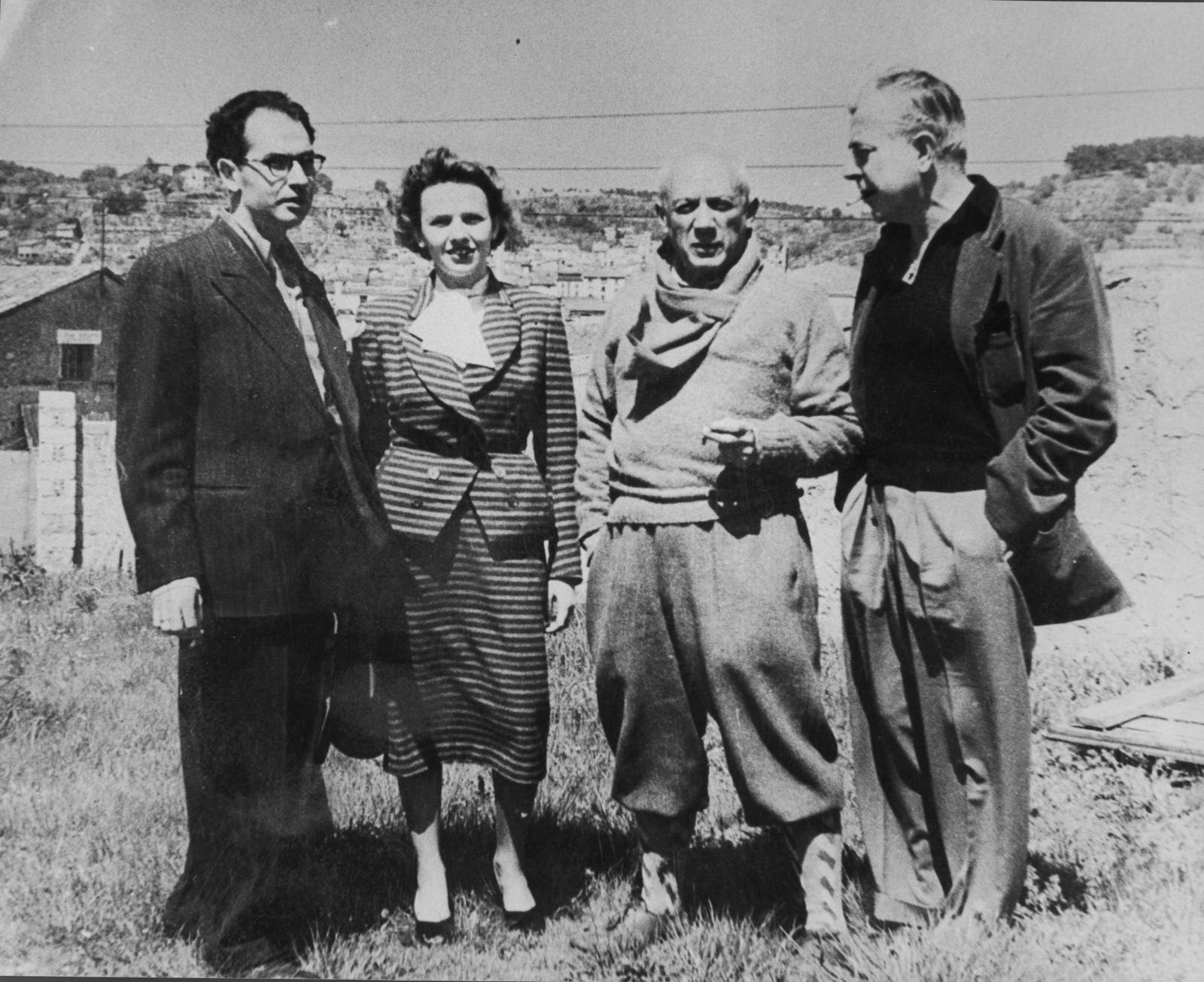

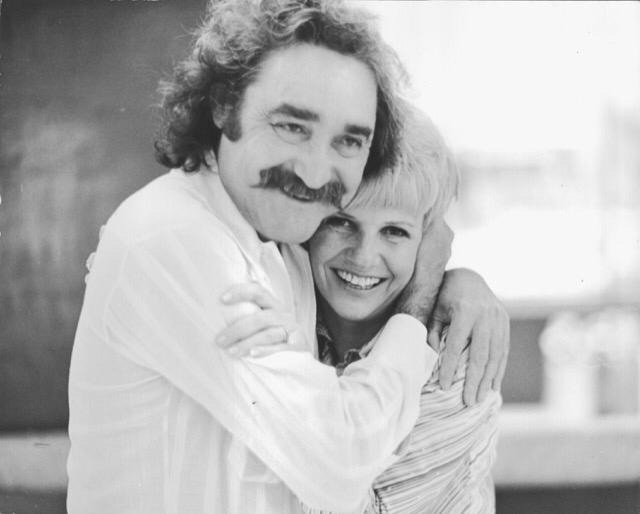
She socialized and exchanged ideas with these artists and also those who rebelled against the dogmas of Soviet socialist realism, and those who escaped Hitler’s Germany who was labeled as “degenerate artists,” making Paris their sanctuary.
Back home in Venezuela, she created ties with the emerging artists of the period such as Jesus Soto, Alejandro Otero, and Carlos Cruz-Diez along with the artistic “dissidents” who had made Paris their home and the place for learning and enlightenment. Sofia was the conduit between the contemporary art world of the period and the project of artistic integration happening in Venezuela, led by Carlos Raul Villaneuva of the University of Caracas. This experience of serving as the platform for communication in the contemporary art world is what paved the way for Sofia’s founding of the Contemporary Art Museum in Caracas.
With Sofia, we are not only talking about an individual or a single person in particular but of an entire country. Because Sofia is the Venezuela that is possible. As a matter of fact, the phrase “The Possible Venezuela” belongs to her and was trademarked for her radio program. Sofia is the country that her compatriots yearn to build, the example of a life that we cannot lose. The stimulus of hope. The commitment to battle for democracy and liberty.
We must defend this legacy. We must promote further research and studies of her journalistic work, of the museum and its collection. We must insist on this legacy and work towards not letting oblivion destroy the memory of all that has been accomplished.
